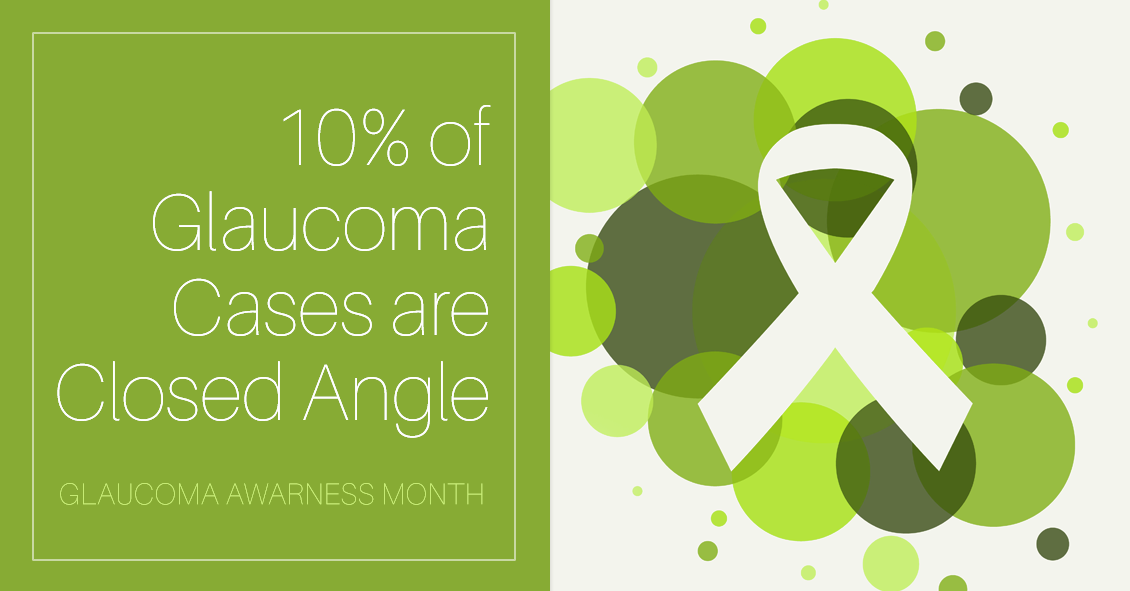
Glaucoma is a disease that affects the optic nerve. The disease causes optic nerve damage, which leads to partial or total vision loss. These two types of glaucoma both stem from a problem in the angle between the cornea and iris of the eye. They are called Narrow Angle and Closed Angle Glaucoma.
Narrow Angle glaucoma can develop either quickly or slowly and usually occurs in people with farsightedness. It occurs when the angle narrows causing the aqueous fluid to build up. This narrowing is caused by a bowing of the iris. Narrow Angle glaucoma can only be detected through routine eye examinations. It can cause vision loss and can also lead to an emergency condition called closed angle glaucoma.
Closed angle glaucoma, also called angle closure glaucoma, develops quickly and is a medical emergency. It occurs when the iris bows forward so much that the angle is completely closed. That means that no aqueous fluid can escape, which causes the pressure to build up rapidly. There are many symptoms associated with closed angle glaucoma such as headaches, severe pain, vision loss, redness and nausea. As stated earlier, this is a medical emergency and if not treated immediately can cause severe damage to the optic nerve.
Routine eye examinations are important to detect and monitor glaucoma early. Speak with your eye care provider if you are at risk for glaucoma.














